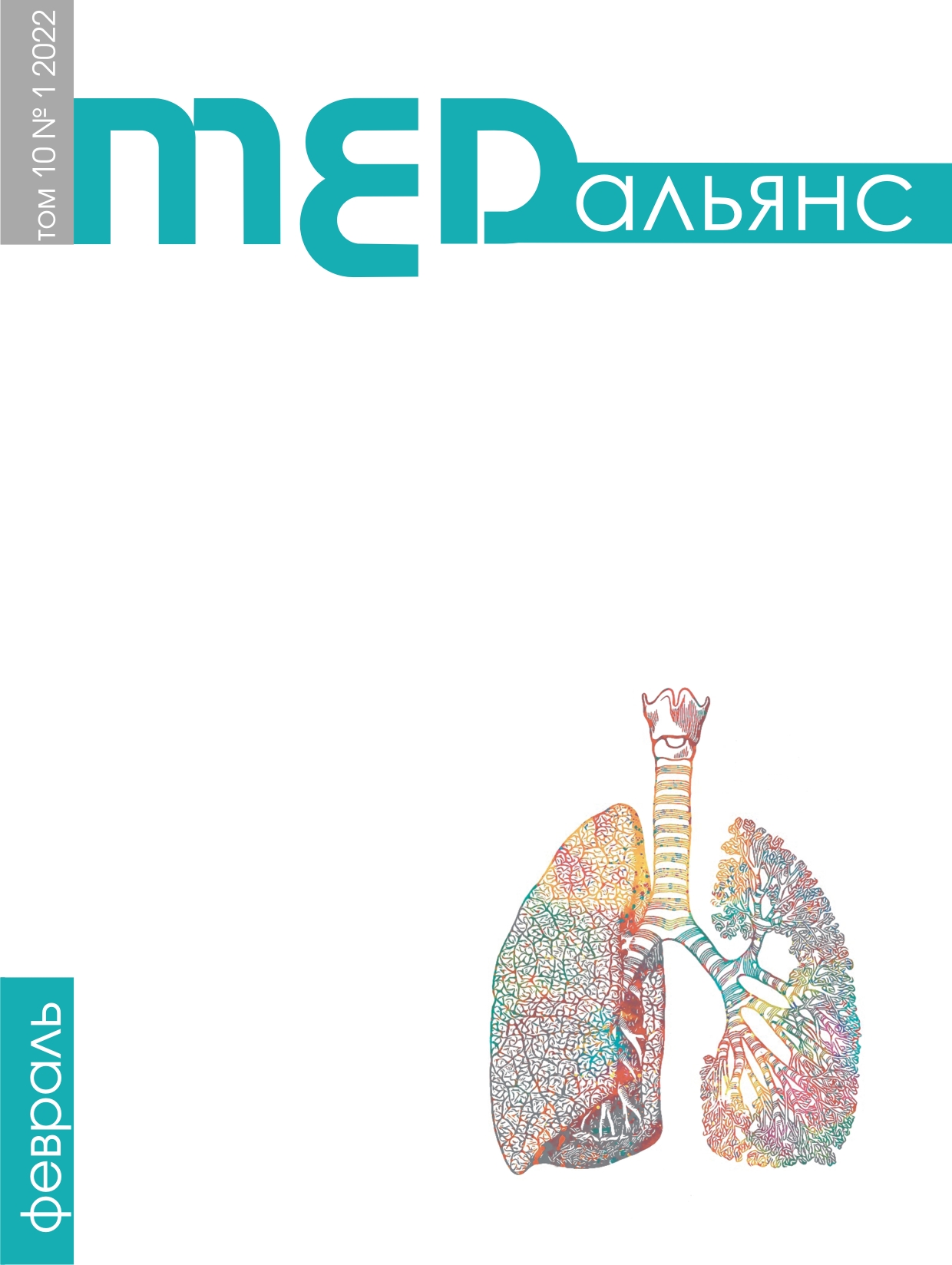Abstract
The most common surgical intervention for perforated pyloroduodenal ulcer is suturing of the perforation, followed by a post-op course of anti-ulcer therapy. However, a number of authors suggest unsatisfactory results of such treatment. Long-term results may be worsened by psychological maladaptation of patients and low compliance. The purpose of the study is to identify the impact of patients’ psychological adaptation and compliance on the further course of the disease.
Materials and methods. Evaluation of long-term results of perforated ulcers suturing was carried out according to the Visick score, Pantsyrev modification. To assess the patient’s compliance, we used Morisky-Green test, and to determine the patient’s perception of the disease, we used TOBOL test.
Results. When assessing long-term results by Visick score, excellent and good results were detected in 65.6% of cases$ unsatisfactory results in 9.4% of cases. As a result of the study, the relationship between the level of compliance and the long-term results of suturing was proved.
Conclusion. Low compliance and inadequate attitude of patients to their disease leads to non-compliance with recommendations for taking anti-ulcer drugs and to deterioration of long-term results of perforated ulcers surturing.

